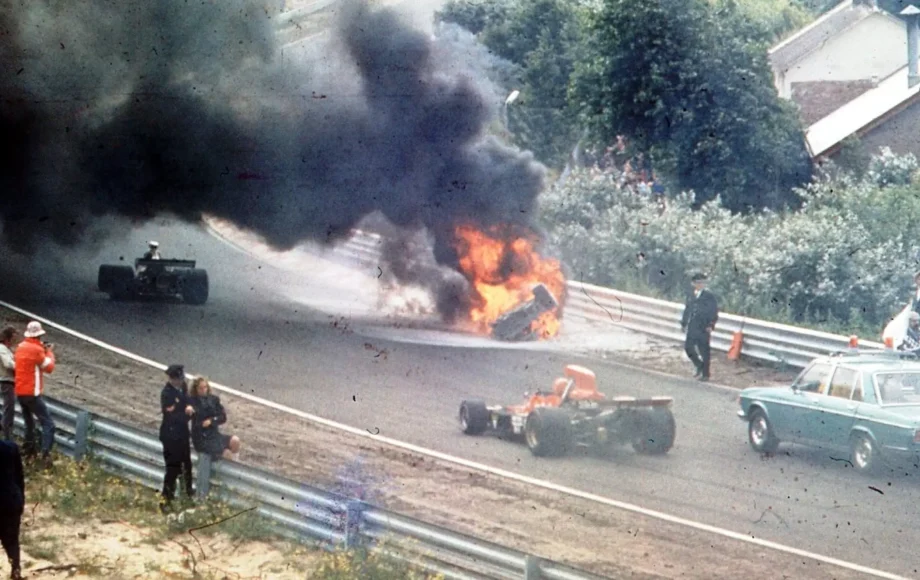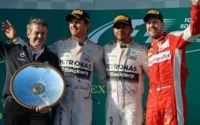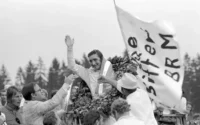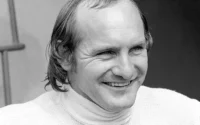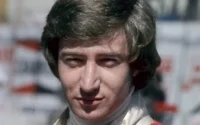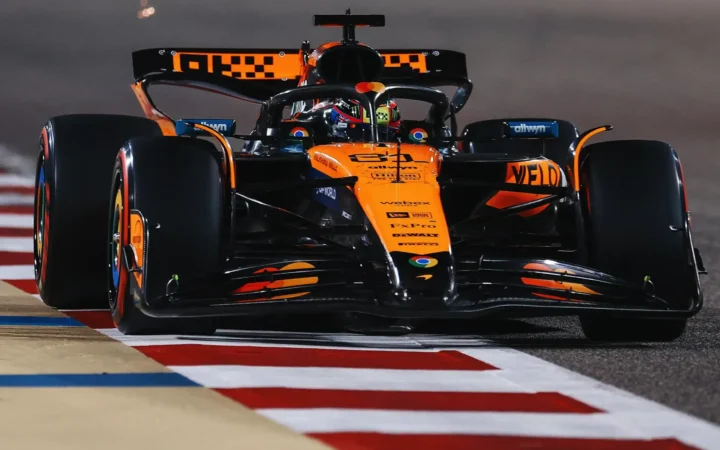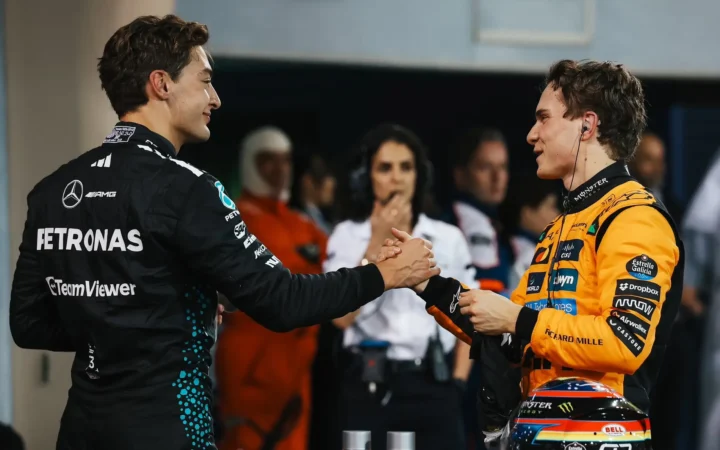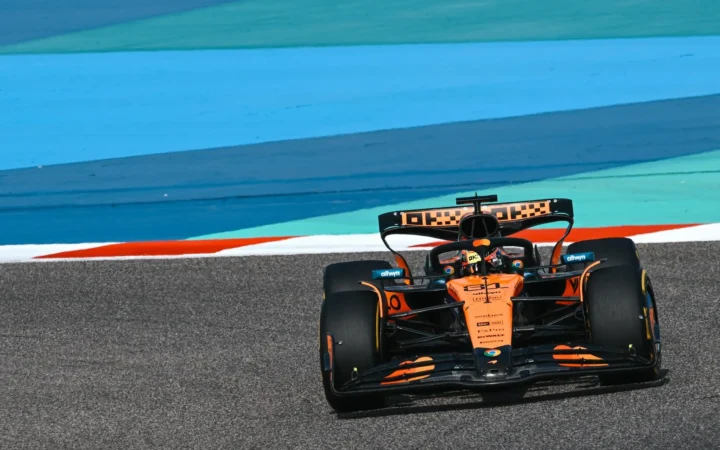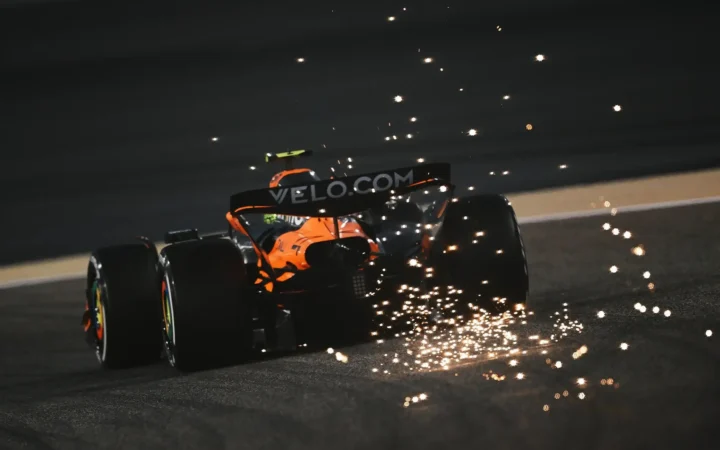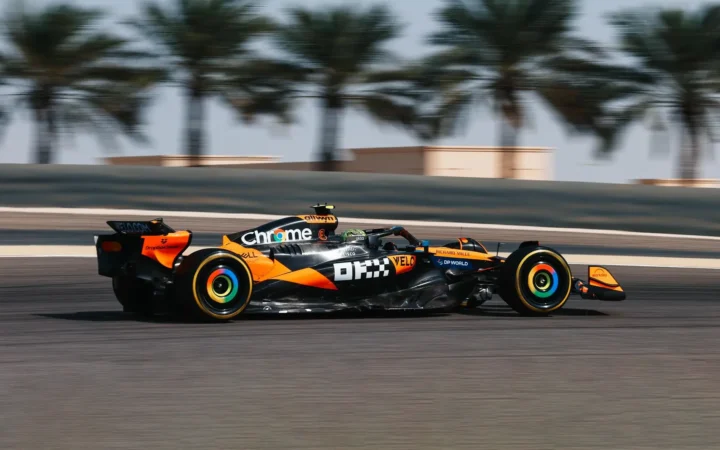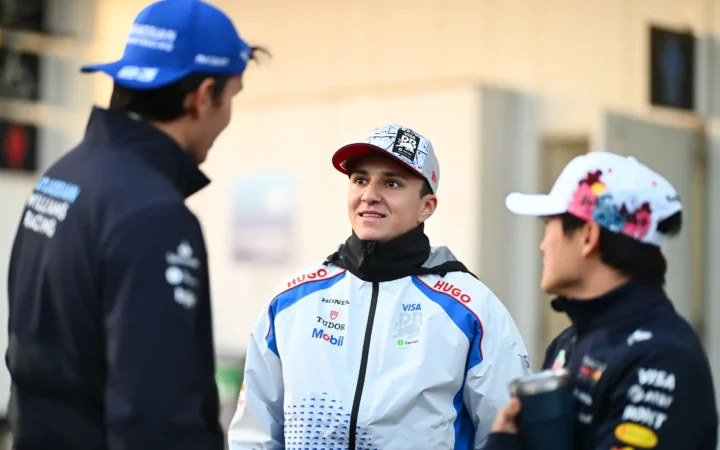What happened on this day, July 29 in Formula 1 history? Find out interesting facts and stories about Formula 1 on this day.
1951
The Nürburgring hosted a world championship race for the first time with the 1951 German Grand Prix. Alberto Ascari secured his first world championship win for Ferrari.
Ascari’s victory propelled him to second place in the 1951 Championship standings, ten points behind Juan Manuel Fangio who finished in second and extended his lead from the previous race. Following his second consecutive podium finish in third place, Jose Froilan Gonzalez moved up to third in the standings, tying on points with Farina and Luigi Villoresi.
1973
A tragic incident occurred at the 1973 Dutch Grand Prix at Zandvoort when young British driver Roger Williamson, driving for March, was killed in devastating circumstances during the race. A tyre issue caused him to crash, and his car ended up overturned and on fire at the side of the track. Unable to free himself, Williamson received no assistance from the marshals. Fellow driver David Purley stopped his car and rushed to help his friend, seizing a fire extinguisher from a marshal and attempting to right the car himself. Sadly, his efforts were futile, and Williamson perished in the car before a fire truck could arrive. Later, Purley said he heard him plead, ”For God’s sake David get me out of here”.
Photographer Cor Mooij captured a series of pictures of the accident, which won the Photo Sequences category in that year’s World Press Photo. Subsequently, David Purley received the George Medal for his heroic rescue attempt. This incident, along with film footage of the rescue, is featured in the 2010 BBC documentary titled “Grand Prix: The Killer Years.”
After quitting motorsport, Purley pursued competition aerobatics. He died on 2 July 1985, when his Pitts Special aerobatic biplane crashed into the sea off Bognor Regis.
1979
Alan Jones clinched victory at the 1979 German Grand Prix, leading a 1-2 finish for the Williams team with his teammate Clay Regazzoni. Jones seized the lead at the start from second on the grid. When Regazzoni overtook Jacques Laffite for second place on lap 13, the top three positions remained unchanged for the rest of the race. The victory marked the Williams team’s second consecutive win in Formula One.
Formula One History Recommends
1981
Fernando Alonso was born on 29 July 1981, in Oviedo, Spain. Born into a working-class family, Alonso started kart racing at the age of three. He achieved immense success in local, national, and world karting championships, making a name for himself as a driver to watch.
Alonso made is F1 debut with Minardi in 2001 before joining Renault as a test driver in 2002. In 2003, he was promoted to a race seat, marking the beginning of his journey towards F1 greatness.
Alonso’s talent and skill as a driver shone brightest in 2005 and 2006 when he won back-to-back Drivers’ Championships, becoming the youngest pole-sitter, youngest race winner, youngest world champion, and youngest two-time champion in the sport’s history at the time while driving for Renault.
At the 2022 Singapore Grand Prix, he broke the record for most starts in Formula One and at the 2023 Saudi Arabian Grand Prix, while driving for Aston Martin, Alonso scored his 100th podium by finishing third, becoming one of six drivers in F1 history to achieve that feat, further cementing his legacy as one of the greatest F1 drivers of all time.
1990
McLaren driver Ayrton Senna fended off a spirited challenge from the Benetton of Alessandro Nannini to win the 1990 German Grand Prix. Starting from his customary pole position, Senna edged ahead of teammate Gerhard Berger at the start. Positions remained unchanged until Nannini emerged ahead after the pit stops. However, with 12 laps remaining, Senna overtook Nannini, whose tyres had begun to degrade, securing the win.
2001
Ralf Schumacher capitalised on the retirement of his Williams teammate Juan Pablo Montoya to win the 2001 German Grand Prix in front of his home fans at Hockenheim. In a classic tortoise-and-hare scenario, pole-sitter Montoya sped ahead initially, only for his BMW engine to fail, handing the victory to Ralf. Montoya’s only consolation was securing the race’s fastest lap, with a time of 1:41.808 on lap 20. A time that remains the lap record on the Hockenheimring 1994–2001 F1 layout.
Rubens Barrichello finished second for Ferrari, while BAR driver Jacques Villeneuve secured third place. The final podium step also marked this as his final podium finish in Formula 1.
F1 Driver Birthday’s 29 July
| Birth Date | F1 Driver |
|---|---|
| 29 July 1933 | Colin Davis |
| 29 July 1981 | Fernando Alonso |
Seen in:

